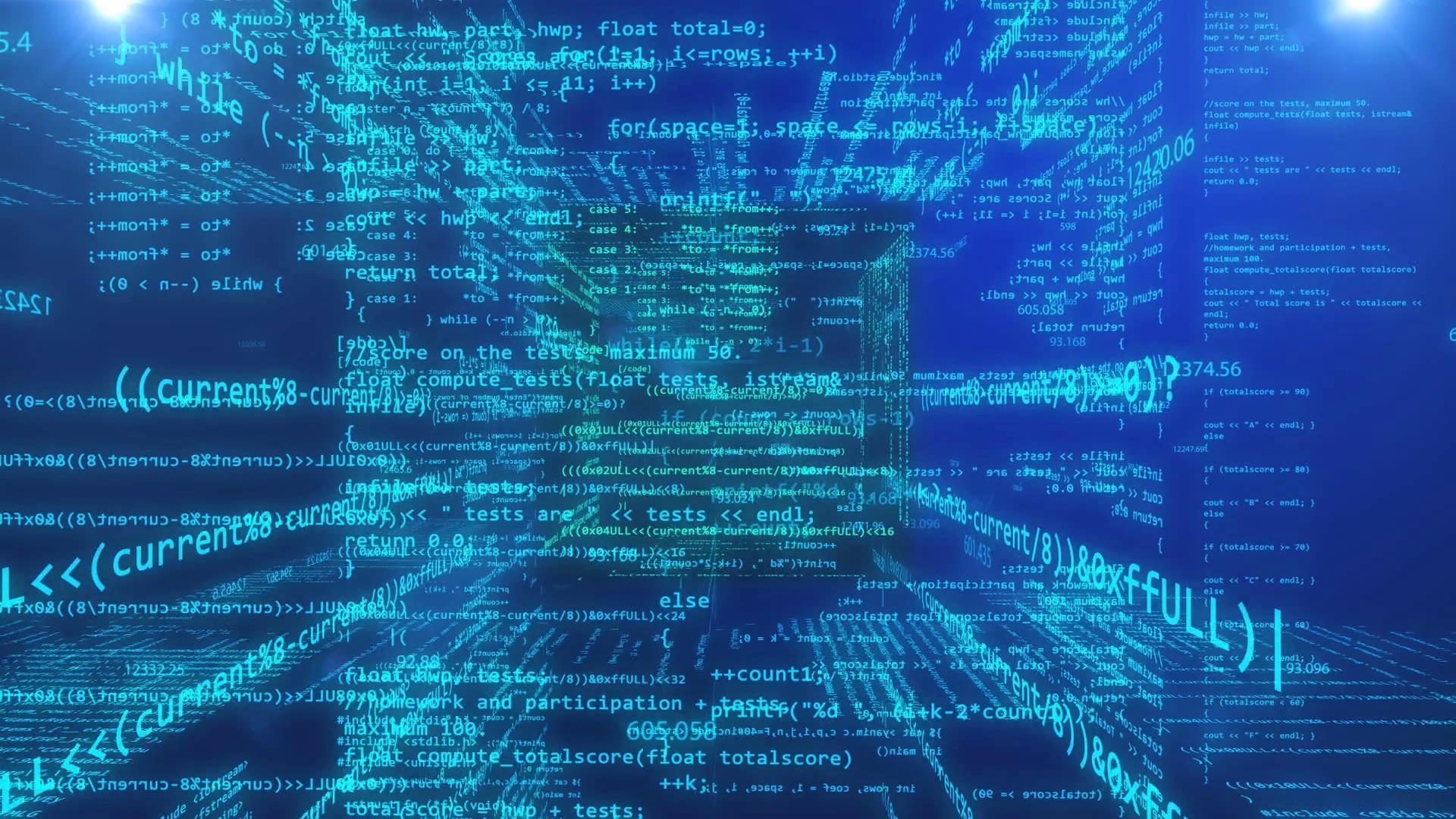


As we stand on the cusp of a new decade, the world of programming continues to evolve at a rapid pace. The intersection of technology and human creativity is giving rise to groundbreaking innovations and transforming industries. In this blog post, we’ll explore the key trends and predictions that are set to shape the future of programming over the next ten years.
One of the most significant shifts in programming is the growing popularity of low-code and no-code platforms. These tools allow users to create applications with minimal hand-coding, using graphical interfaces and pre-built templates. As businesses seek to rapidly develop and deploy solutions, these platforms are democratizing software development, enabling non-developers to contribute to the creation of applications. This trend is expected to accelerate, reducing the barrier to entry and fostering innovation across various sectors.
Artificial Intelligence (AI) and Machine Learning (ML) are already transforming industries, and their impact on programming is profound. As these technologies mature, we can expect a deeper integration of AI and ML into programming environments. This will lead to more intelligent development tools, automated code generation, and improved debugging capabilities. Additionally, the demand for AI and ML expertise will continue to grow, making these skills essential for future programmers.
Quantum computing, once a theoretical concept, is becoming a reality. As quantum hardware and algorithms advance, the potential for solving complex problems exponentially increases. For programmers, this means preparing for a new paradigm in computing. While practical quantum computers are still in their infancy, the next decade will likely see the development of quantum programming languages and frameworks, as well as a growing need for programmers who can navigate this new landscape.
As technology becomes more integrated into our daily lives, cybersecurity and privacy concerns are becoming increasingly important. Future programming will place a greater emphasis on building secure and privacy-focused applications. This shift will be driven by stricter regulations, increasing awareness of data breaches, and the growing importance of protecting personal and organizational data. Programmers will need to prioritize security best practices and stay informed about the latest threats and countermeasures.
Web development continues to evolve, with new frameworks, libraries, and tools emerging regularly. The future of web development will likely see further simplification and enhancement of user experience (UX) and user interface (UI) design. Progressive Web Apps (PWAs) and serverless architectures are set to gain traction, offering more responsive and scalable solutions. Moreover, the continued rise of Web Assembly will enable developers to run high-performance applications in the browser, blurring the lines between web and native applications.
The proliferation of IoT devices is generating vast amounts of data and driving the need for edge computing. Edge computing involves processing data closer to the source, reducing latency and improving efficiency. For programmers, this means developing software that can operate on a wide range of devices with varying capabilities. The next decade will see increased demand for skills in IoT programming, edge computing, and data analytics, as businesses seek to harness the power of connected devices.
As technology becomes more pervasive, ethical considerations in programming are gaining prominence. The decisions programmers make can have significant social and ethical implications, from algorithmic biases to data privacy concerns. The future will see a greater emphasis on ethical and responsible programming, with developers being called upon to consider the broader impact of their work. This will require a holistic understanding of technology, society, and the ethical principles guiding responsible innovation.
The COVID-19 pandemic accelerated the adoption of remote work, and this trend is likely to continue. The programming community is increasingly global, with developers collaborating across borders and time zones. This shift towards remote and distributed workforces will shape the future of programming, emphasizing the importance of communication, collaboration tools, and asynchronous workflows. As a result, programmers will need to adapt to new ways of working and embrace the global nature of the industry.
The future of programming is both exciting and challenging. The trends and predictions outlined above highlight a rapidly evolving landscape, with new technologies and paradigms emerging. As we move into the next decade, programmers will need to stay adaptable, continuously learning and embracing change. The possibilities are vast, and the innovations of today will lay the foundation for the technological breakthroughs of tomorrow.
Whether you’re an experienced developer or just starting your journey, there has never been a more thrilling time to be part of the programming world. The future is bright, and the only limit is our imagination.